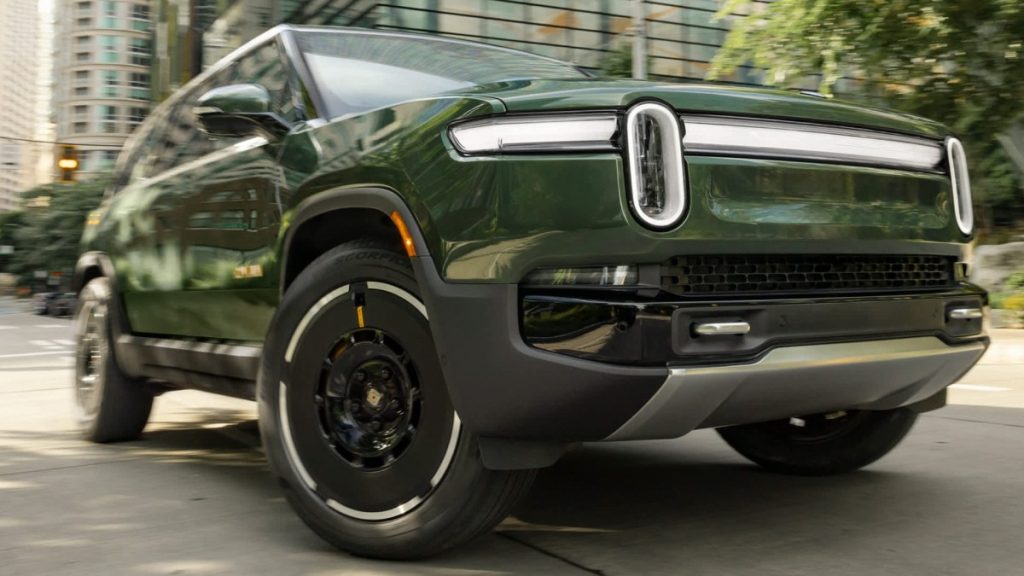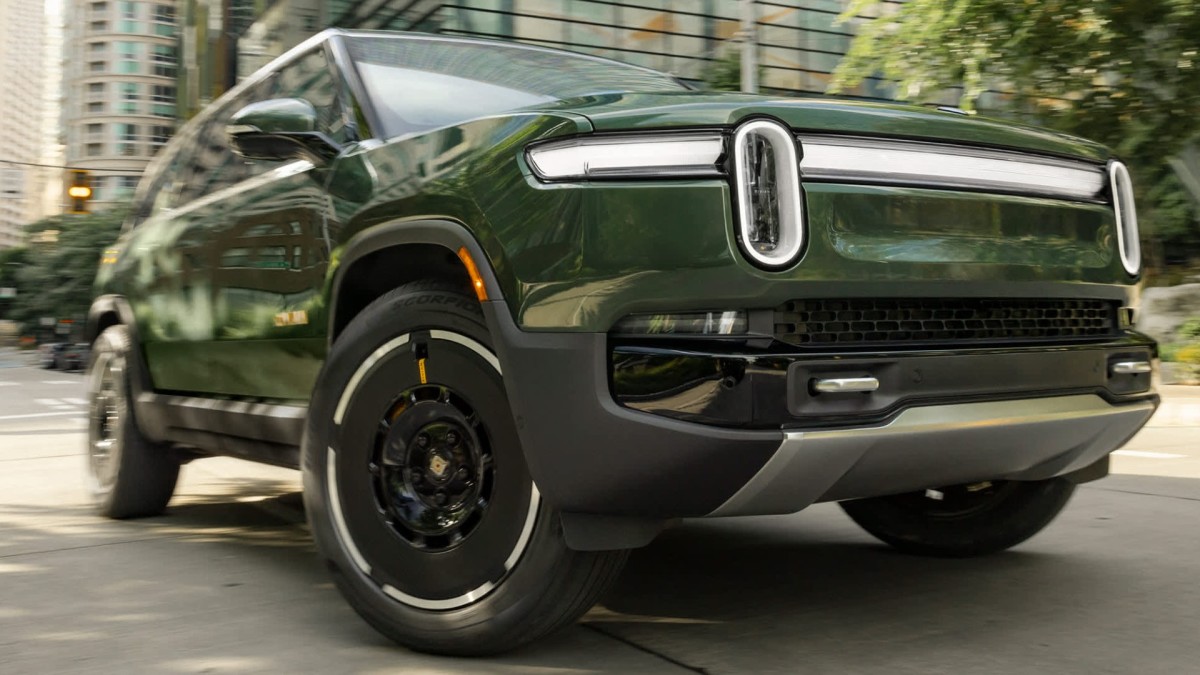Congress proposes shocking new fee on EVs

Ever since the EV revolution started to take hold in the early 2000s, consumers began to see new possibilities in the way they thought about transportation.
While both Nissan and Chevrolet made early pushes into the space with the Leaf and the Volt, the biggest chunk of EV adopters were likely driven by Tesla CEO Elon Musk. His Tesla Roadster, originally launched in 2008, drummed up major interest in the technology.
At that time, Musk himself was also enjoying a blossoming reputation as a personality willing to bring big ideas to life, and surely his charisma played a key role in promoting a vision of a gasoline-free world.
💵💰Don’t miss the move: Subscribe to TheStreet’s free daily newsletter 💰💵
As the EV market has developed and more major automakers have begun to manufacture them, however, new problems have cropped up for EV owners. One of them is President Trump’s administration, which has clearly signaled that it’s considered eliminating or reducing EV tax incentives, as well as the funding going into building a charging infrastructure.
While some reports claim that EV interest is dwindling, 1.3 million EVs were still sold in the United States in 2024, per a Kelley Blue Book report. That’s also a 7.3% increase from 2023, which indicates that consumers still want to purchase these cars.
Related: Car buyers rejoice — you just got great news about tariffs
But now a new proposed tax reform bill has been introduced that would force EV owners to spend more annually just to own an EV, and it just might be the thing to push already-frustrated consumers over the edge.

Image source: Rivian
A yearly fee for EV owners
The new proposal, which comes from head of the House Transportation and Infrastructure Committee Representative Sam Graves, would introduce an annual fee for all electric vehicle owners of $250 a year.
The bill also proposes a $100 fee on hybrids. This proposal replaces a previous one that suggested a $20 federal annual registration fee on all vehicles to fund road repairs, which would go into effect in 2031.
Related: Uber CEO makes a scary prediction for the future of driving
Due to the proposed change in the fee structure, the committee has reduced its proposed funding reserved for air traffic control infrastructure. Previously set at $15 billion, it’s now been reduced to $12.5 billion.
The committee will review the proposal on Wednesday, April 30.
EV owners are growing frustrated
Five years ago, owning an electric vehicle had a few great perks. Along with using less or no gasoline at all, an EV tax credit was offered for many EV owners up to $7,500 for new vehicles, and up to $4,000 for used models.
However, President Trump has made it clear from early in his second term that he wants to take away a lot of the perks of being an EV owner. On Feb. 14, his administration moved to revoke a waiver that allowed more than a dozen states to require car companies to sell a certain number of EVs per year.
Another issue under fire is a “reconsideration” of tailpipe emission regulations, which have previously given automakers another reason to make more EVs.
Last week, Tesla reported its biggest-ever plunge in revenue with a 71% drop in net income, leading CEO Elon Musk to say he would step away from his duties with DOGE for President Trump’s administration and refocus on Tesla.
But some believe the damage is already done. Musk’s increasingly bold stance and identification with the Right have turned off a lot of people who owned Teslas, causing a mass exodus as many clamor to sell their vehicles. Tack on the possibility of these new fees becoming a reality, and we may see people more than happy to simply pull back up to the gas pumps.
Related: Elon Musk takes aim at Uber, Lyft with his latest big promise
#Congress #proposes #shocking #fee #EVs




